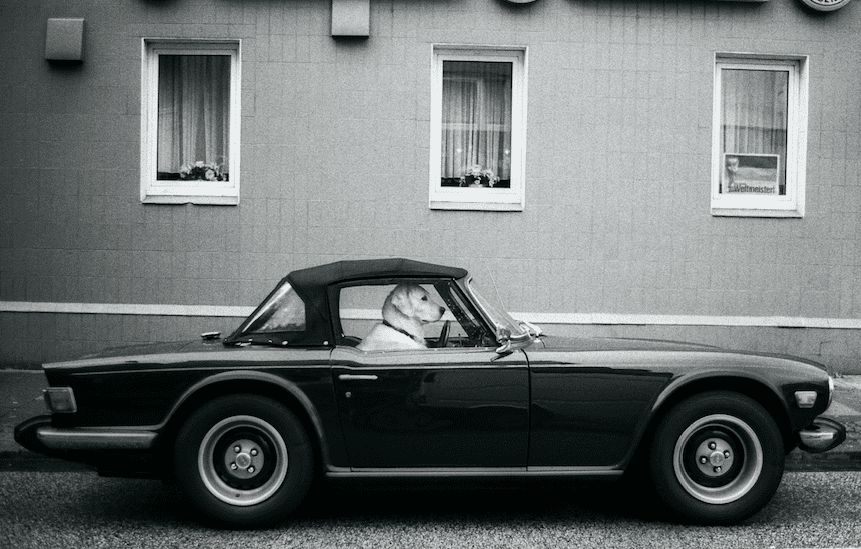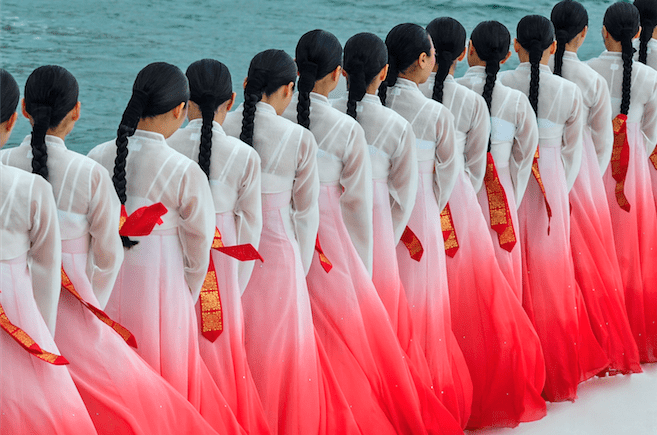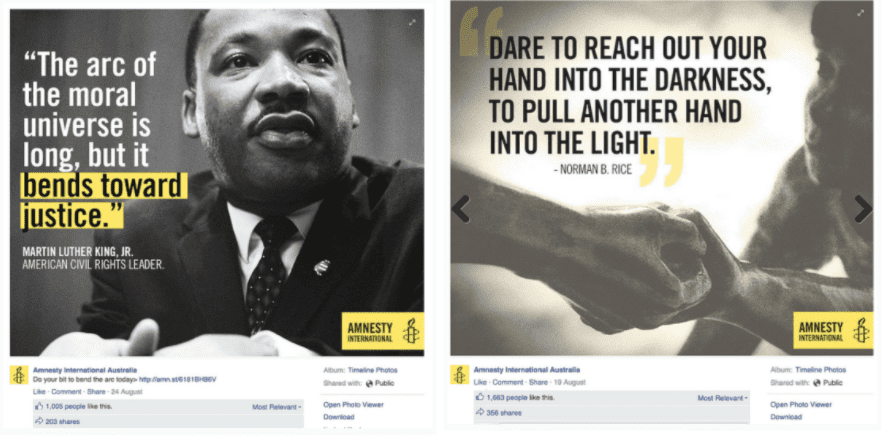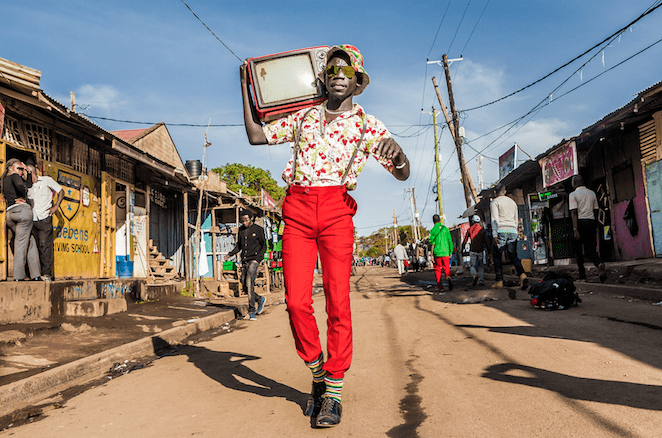Average just won’t cut it...
95 million images and videos are posted to Instagram every day, and more than 250 billion photos have been uploaded to Facebook since its conception. The need for brands to stand out in the digital era is obvious, yet every day you’ll see generic and uninspiring images carelessly repurposed across the web.

Even household brands fall into the trap: at Picfair, we frequently run reverse image searches of globally-distributed magazine covers to show just how frequently an image has been used. This lack of care shown when selecting imagery runs the risk of brands not only appearing inauthentic but also minimising cut-through on crowded news feeds.
So how can brands ensure their visuals stand out?
1. Be bold
Tapping into trends can work wonders, but it’s also good to break the rules sometimes. Find images that will disrupt the news feed and provoke emotions people aren’t expecting. Imagine how many travel brands are promoting the same destinations and how many of them choose the same cliched postcard photo instead of seizing a creative opportunity. Consider conceptual photography to illustrate your story, encouraging audiences to engage with your content in a different way. Create a mood board featuring competitor content and visuals you’ve shortlisted — you’ll then be able to identify which photos truly stand out.

2. Own your assets
Use simple graphic design and photo editing apps like Canva or Over to access a huge range of templates to ensure your visual storytelling is unique. It can be as simple as adding a text overlay on visuals or using blocks of colour to break up space. There is an endless selection of styles you can play with.
With a risk of the same images surfacing on the web telling multiple brand stories, the rise in stress-free design apps are becoming the go-to tool for the likes of Amnesty International who need striking and engaging graphic content to be produced in minutes. A quick skim of their Facebook page immediately displays a clear visual style. Having ownable and distinctive assets means audiences can identify your content within seconds.

3. Source content from local creators
Global media startup The Culture Trip based their model on sourcing content from local content creators, delivering personalised and authentic recommendations. Their global hub spanning 130 countries is comprised of photographers, writers and videographers, allowing them to create a distinct and engaging experience for their “culturally curious” audience.
Similarly, a recent campaign Picfair produced with Canon sourced content straight from the heart of one of the most diverse continents in the world. #CelebrateAfrica encouraged African residents from all walks of life to upload images challenging stereotypes and hoary cliches. Entries were submitted from photographers of all levels in 42 countries, uncovering a valuable new stream of content for Picfair’s publisher customers looking to tell African stories with conviction and authenticity.

With online news feeds becoming more crowded and competitive than ever, brands need to up their game in the battle to come out on top. Be bold, don’t be afraid to take risks which may very well reverse preconceptions you had about your audience, use time-saving design apps to develop a visual style for your brand, and capitalise on local, authentic content where you can.

Gemma is Content & Community Manager at
Picfair, a modern-day photo marketplace on a mission to make image licensing easy. Gemma and her team are documenting Picfair’s global community stories, as well as producing content to help image buyers make a bigger impact with their visual storytelling. Gemma’s background is in digital marketing and she has worked in various advertising and digital agencies to help brands tell their stories in the ever-changing social media landscape. You can follow her on
Twitter and connect on
Linkedin






 Gemma is Content & Community Manager at
Gemma is Content & Community Manager at 

